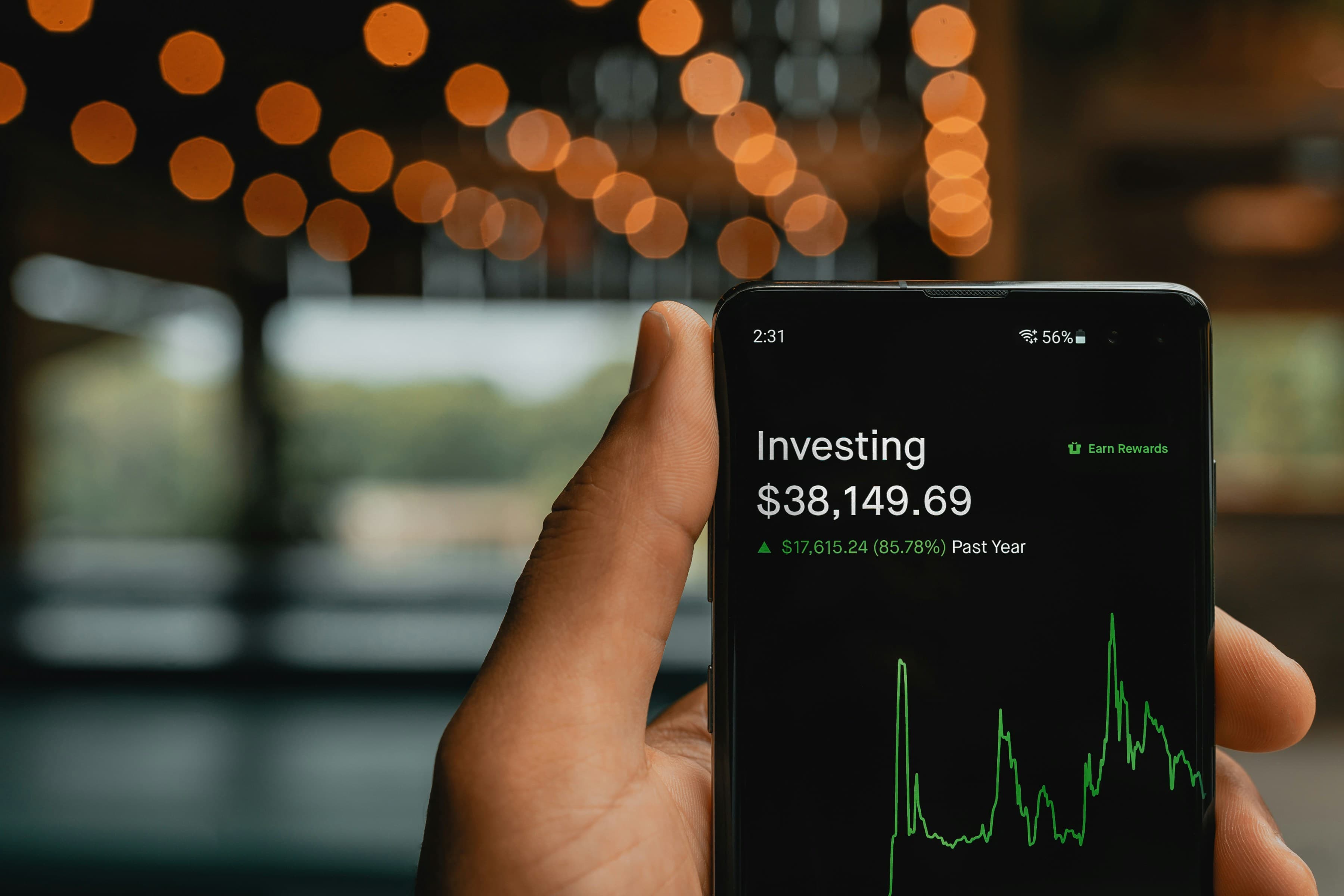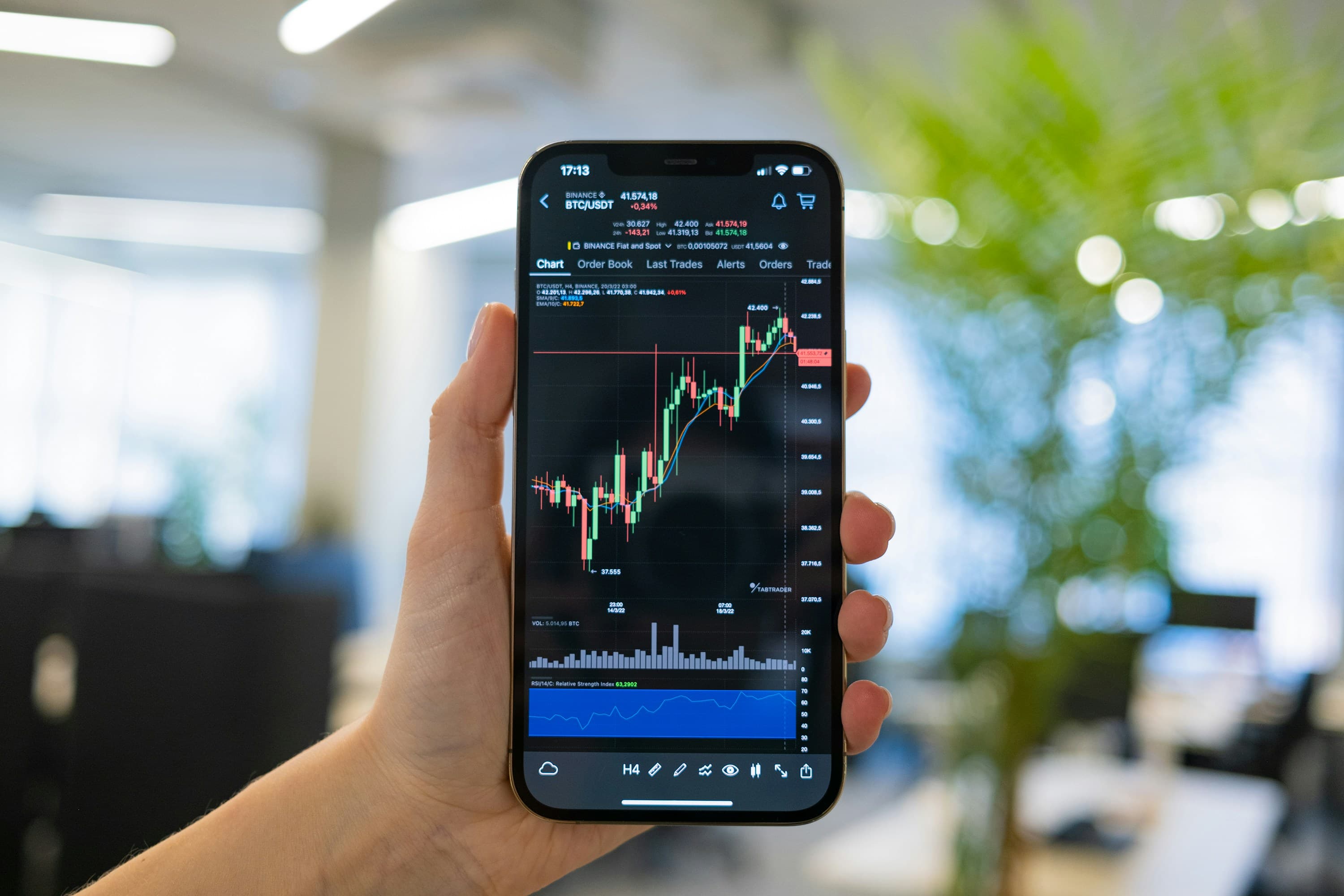Are ETFs Derailing Your Investment Strategy?
Over the past decade or so, the classic principles of the traditional index fund (TIF) have been met with a challenger that looks a lot like an ally: the exchange-traded fund, or ETF. At its core, an ETF is an index fund specifically engineered for easy trading. If you’re , it's crucial to understand this distinction. The original index fund, created over 40 years ago, was built on a long-term investment philosophy. In contrast, using an index fund as a trading tool is, by definition, short-term speculation. This is a fundamental difference when it comes to .
Investment








